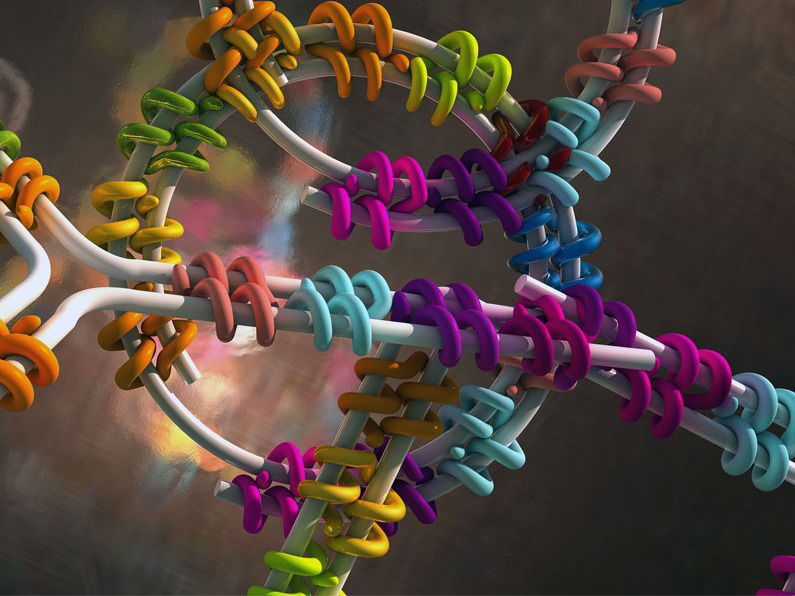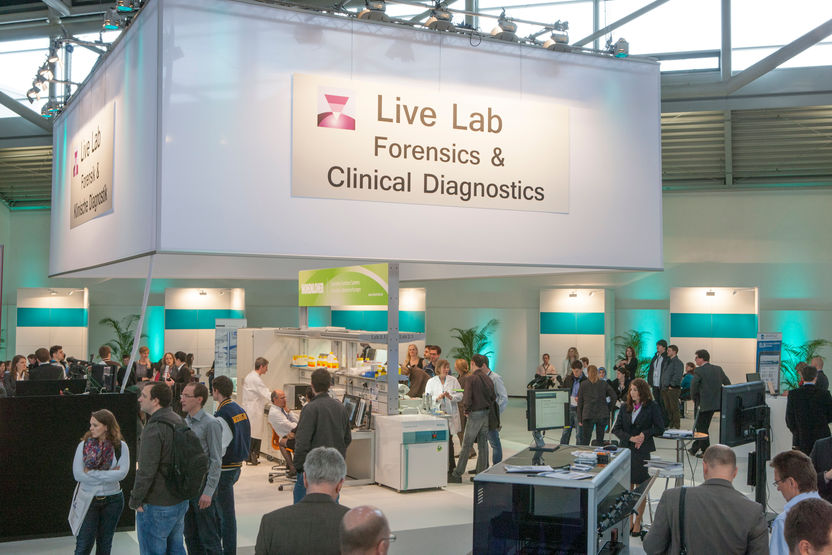High-Tech Gründerfonds Invests in Young Bioprocess Technology Company
PS Biotech GmbH will ease the selection of the best-suited bacteria strain for the subsequent large scale production of recombinant proteins thereby rendering the previously tedious primary screening more cost- and time-efficient.
PS Biotech GmbH is a spin-off from RWTH Aachen and the DWI at the RWTH Aachen. Together with its academic and industrial partners, the company developed a method for the production of special microtiter plates, that allow for a more realistic screening of microorganisms by introducing fed-batch conditions into the process. In June 2013, the emerging company received a seed investment by the High-Tech Gründerfonds (HTGF). Upon completion of the setup of its production facilities, PS Biotech GmbH is expected to launch its products in autumn 2013.
Current standards in the field of primary screening often result in unreliable results regarding the productivity of the tested bacteria strains. As these errors mostly originate from the fundamentally different availability of nutriments in classical screening methods as compared to large-scale bioreactors, repeating the screen generally will not improve the reliability of the results.
PS Biotech GmbH, founded in Aachen in May 2013, is setting out to change that. “Our plates provide the necessary tool to screen microorganisms at microliter scale under conditions similar to those in a bioreactor and allow precise predictions as to what strain will be the most efficient in production. This is a first.”, says Kristina Bruellhoff, managing director of the company located in Aachen. “Our clients tell us that compared to our tool, current methods are no better than rolling a dice”, Bruellhoff reports.
“Through the time-controlled release of nutriments out of our special matrix, that becomes immobilized at the bottom of each well, we can significantly improve the information value of each screen. We offer our customers a unique and simple tool. All they have to do is unwrap, add medium and start culturing their microorganisms”, adds PS Biotech’s Sebastian Selzer.
“Classical methods as the enzymatically-driven release systems are so far limited to glucose as primary energy source. On top, these enzymatic systems are significantly more fault-prone and difficult to control. With respect to precision and validity, the results obtained with those systems are in no way comparable to results obtained with the products of PS Biotech.”, says Dr. Christian Jung, Investment Manger at HTGF.
Other news from the department business & finance

Get the life science industry in your inbox
By submitting this form you agree that LUMITOS AG will send you the newsletter(s) selected above by email. Your data will not be passed on to third parties. Your data will be stored and processed in accordance with our data protection regulations. LUMITOS may contact you by email for the purpose of advertising or market and opinion surveys. You can revoke your consent at any time without giving reasons to LUMITOS AG, Ernst-Augustin-Str. 2, 12489 Berlin, Germany or by e-mail at revoke@lumitos.com with effect for the future. In addition, each email contains a link to unsubscribe from the corresponding newsletter.
More news from our other portals
Last viewed contents
A Clamp for Emerging Flu Viruses - Researchers in Freiburg and Berlin Unravel Secret of Innate Immune Response
Covagen and Roche start collaboration

Designer proteins fold DNA - Biophysicists construct complex hybrid structures using DNA and proteins
American_Academy_of_Anti-Aging_Medicine

Helix Genomics (HGPL) Private Limited - London, United Kingdom
Glenmark_Pharmaceuticals_Limited
Bone degradation process within metastatic breast cancer identified
New technique multiplies life span in simple organisms























































